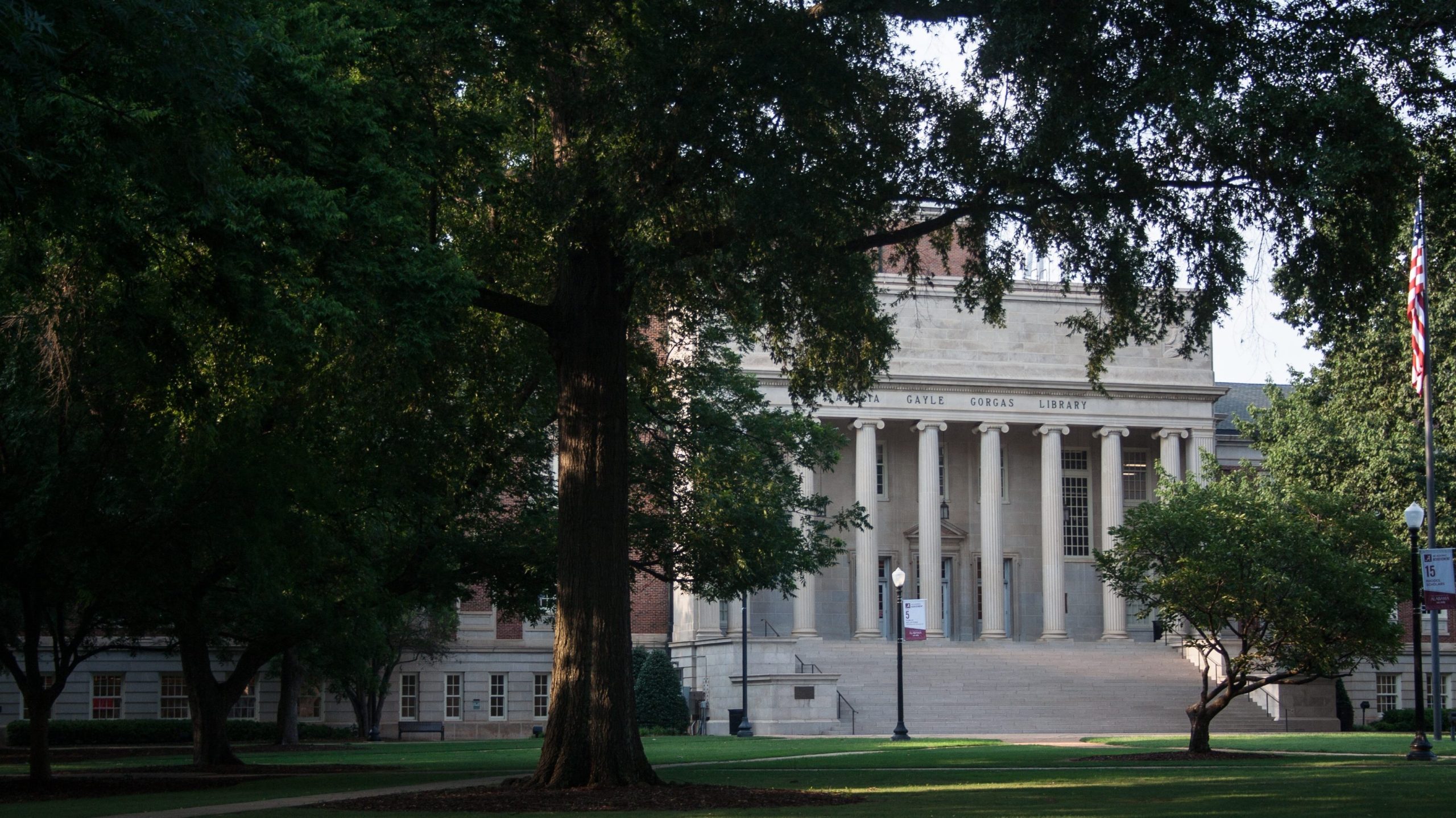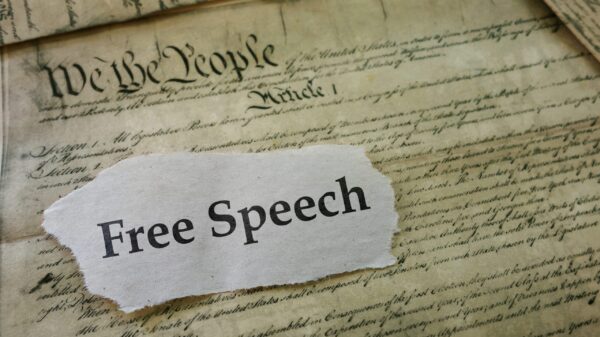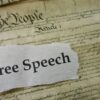|
Getting your Trinity Audio player ready...
|
A traveling Christian street preacher’s civil rights case against the University of Alabama, in which the evangelist alleges college officials abridged his First Amendment right by telling him to leave a sidewalk near the campus while evangelizing without a permit, was refused by the U.S. Supreme Court on Monday.
The appeal from Rodney Keister, a Pennsylvania-based preacher and founder of Evangelism Mission, was turned away by justices yesterday, reaffirming the 11th U.S. Circuit Court of Appeals decision last year in rejecting his claim that the university violated his First Amendment rights by telling him and others to leave a sidewalk near the university’s Quad, where he was passing out evangelical literature and preaching through an amplifier.
Whether officials with a public university, like the University of Alabama, could control speakers unaffiliated with the university on their campus by use of a permit system was the legal question at the heart of the case.
Alabama’s grounds use policy requires individuals to seek a permit before such activities, which Keister did not obtain prior to the day in question. Officials from the university at the time said to Keister that he needed the permits, eventually telling him to move to the corner of University Boulevard and Hackberry Lane and later off the campus.
In 2017, Keister filed his first civil rights lawsuit against the university, indicating that the sidewalk he preached from was considered a “traditional public forum” and therefore enjoyed significant protections under the First Amendment. That original suit was rejected by the U.S. Supreme Court in 2018, with Keister filing a second and amended lawsuit in 2019.
After a federal judge the following year ruled in favor of the university, the 11th U.S. Circuit Court of Appeals agreed with the lower courts decision in determining that the sidewalk in question was considered a “limited public forum” which did not have the same constitutional protections for speech as a “traditional public forum.”




















































